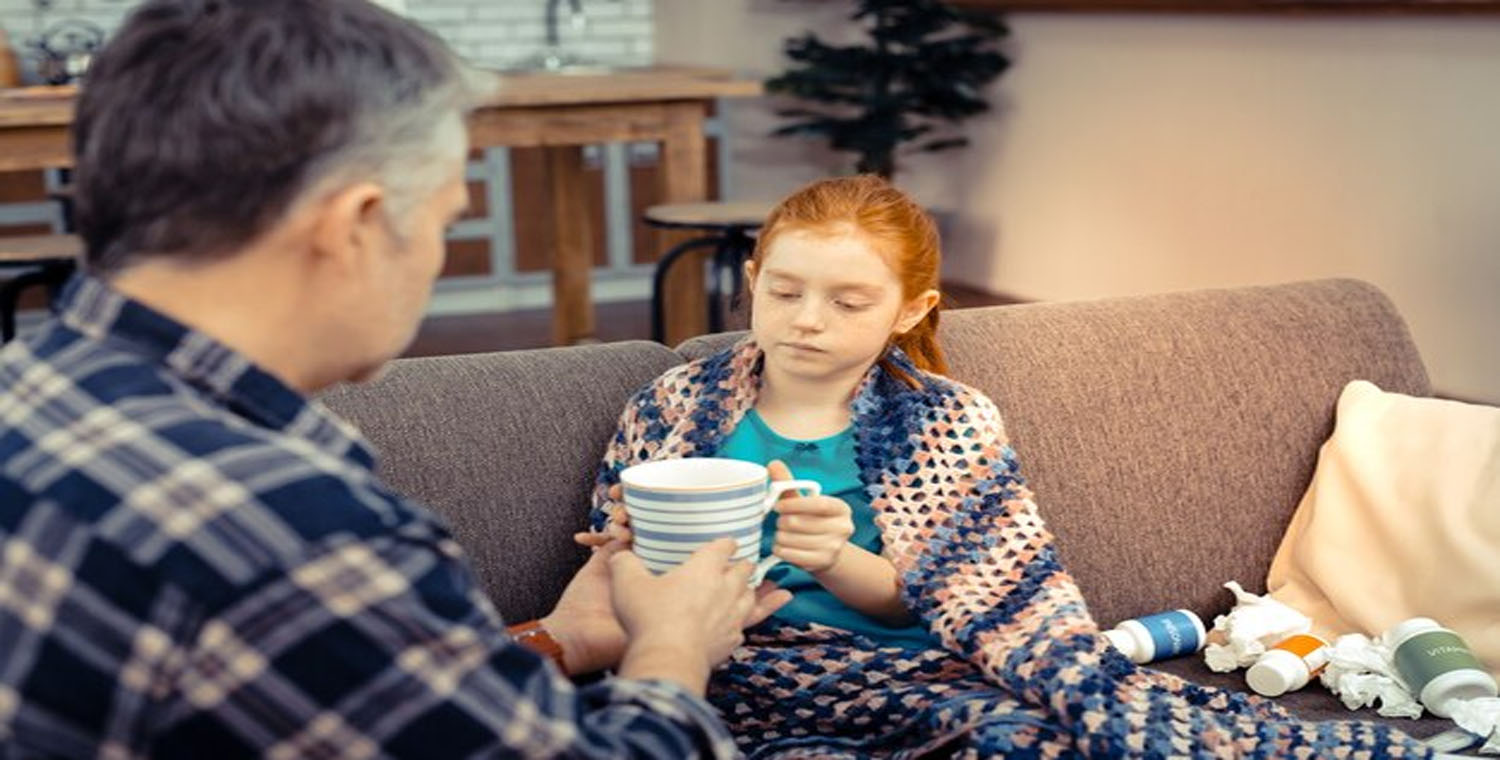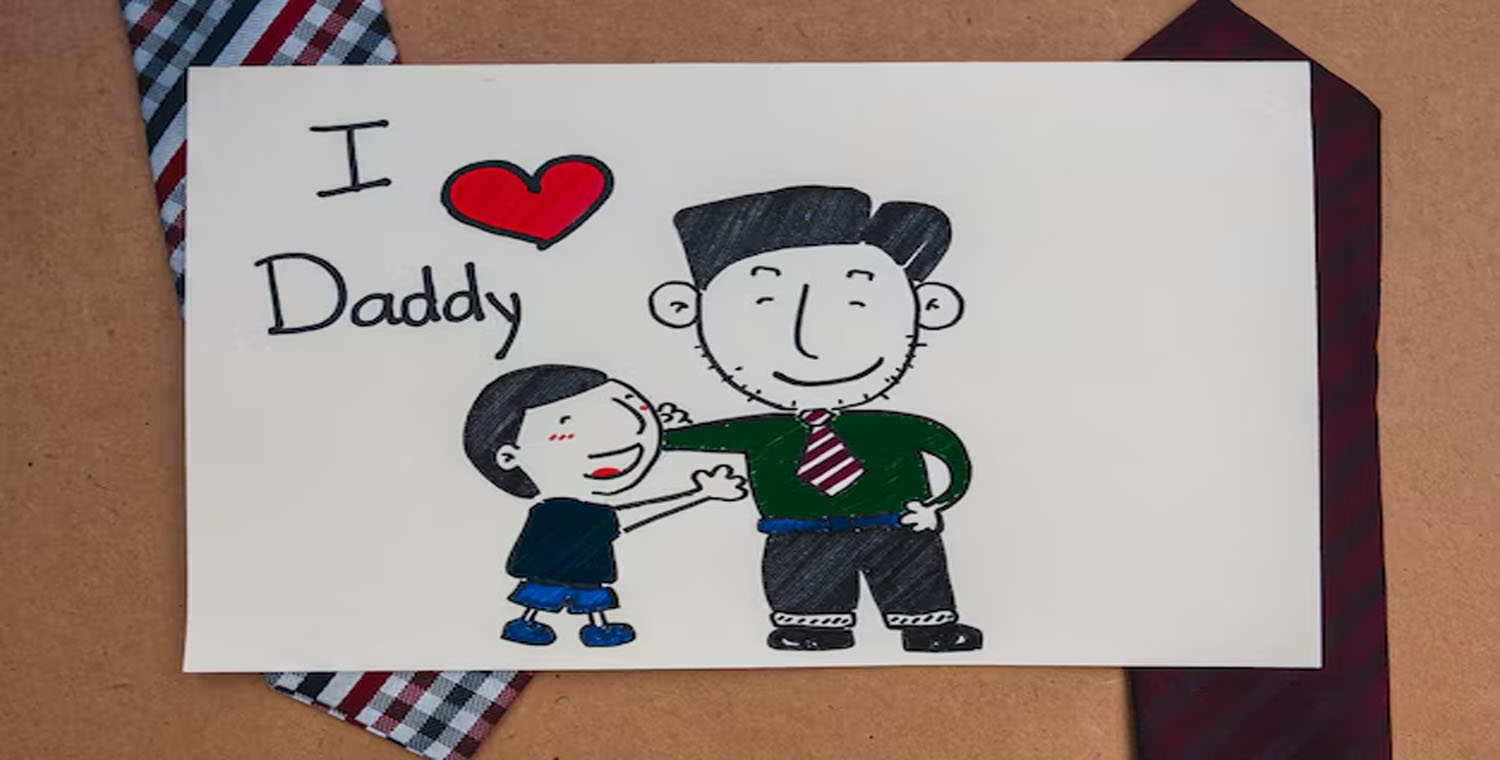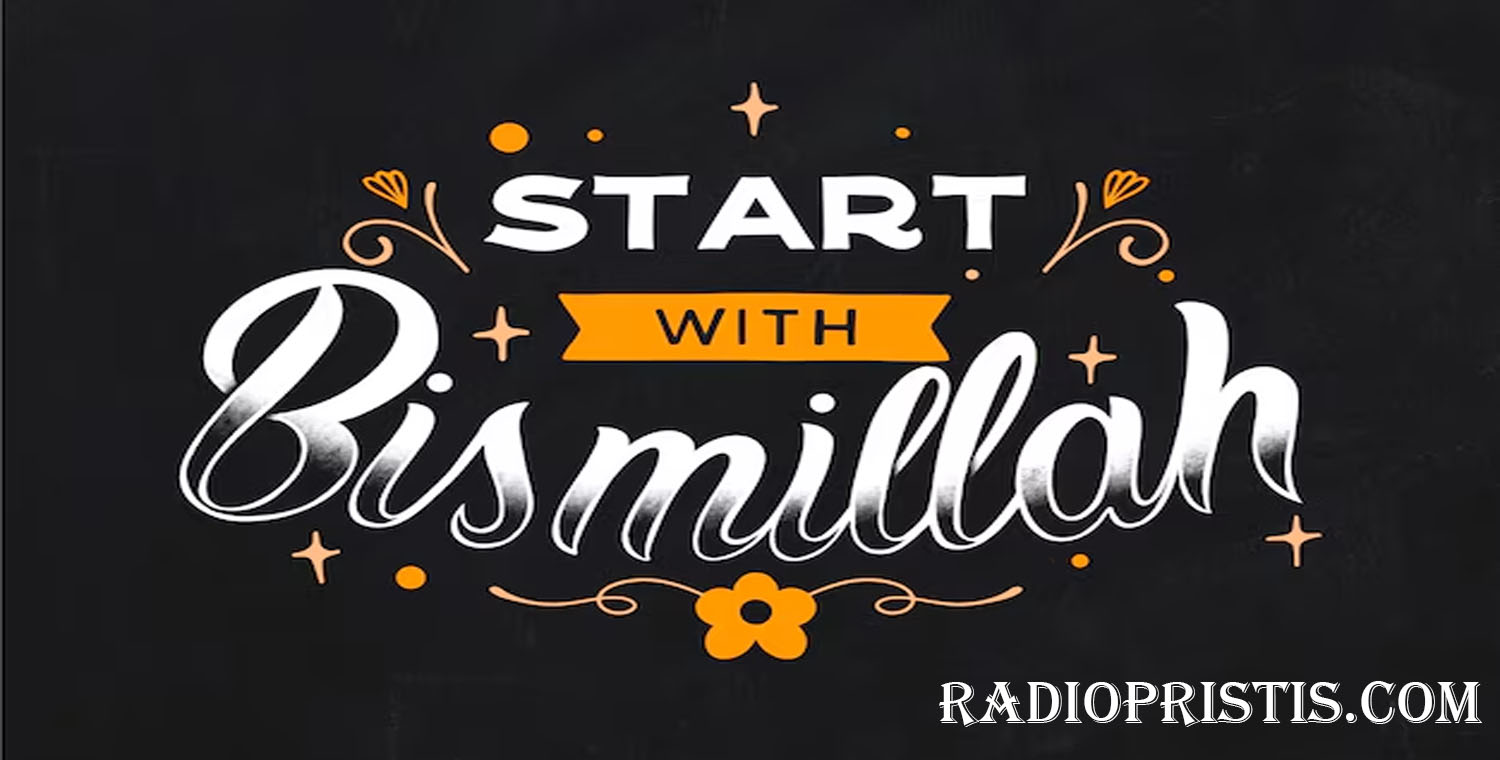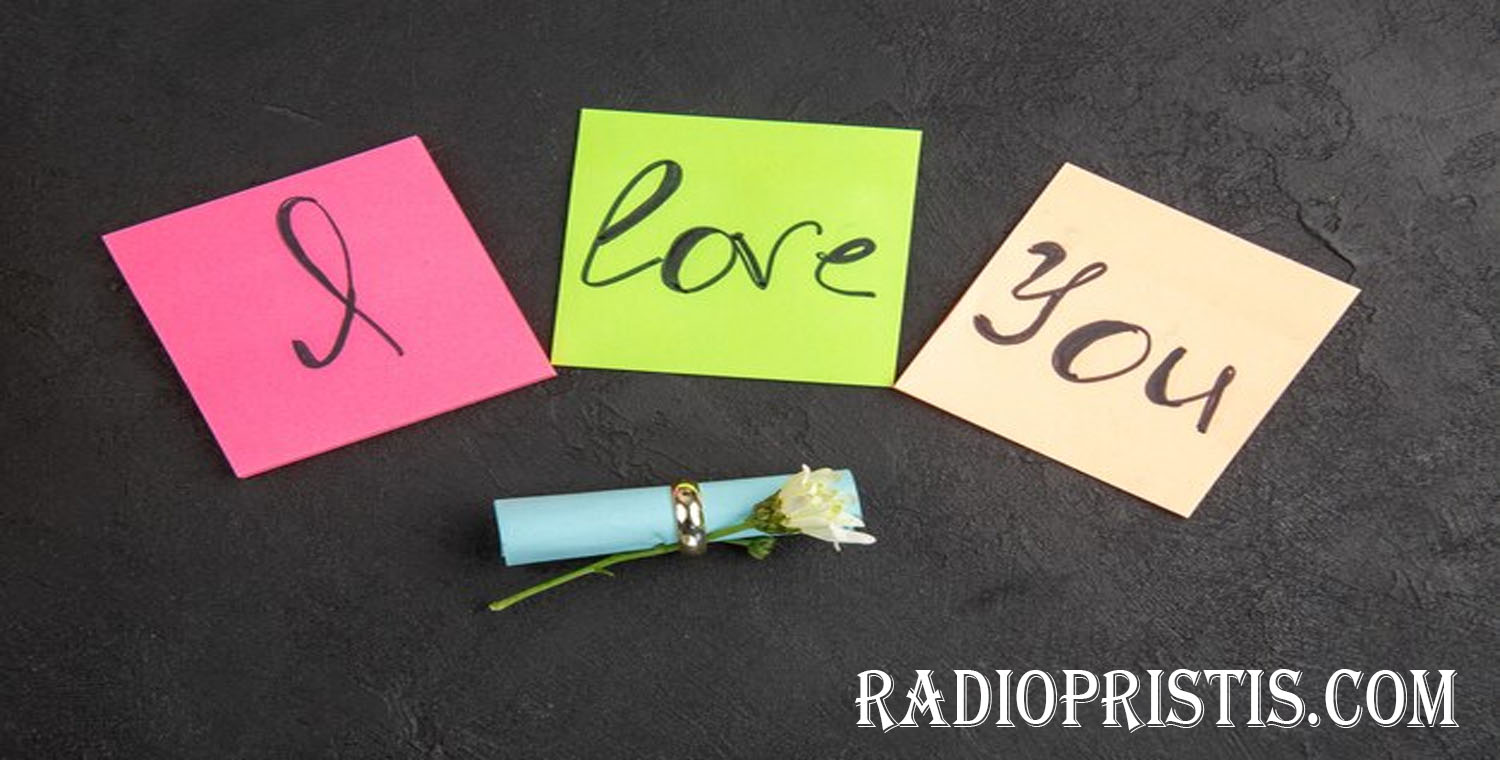Grossaphobia, a term that may not yet be widely recognized, refers to the intense fear or aversion to things considered gross, disgusting, or unclean. This psychological phenomenon can significantly impact an individual’s daily life, relationships, and overall mental well-being. In this article, we will explore the origins, manifestations, and potential treatments for grossaphobia, shedding light on a condition that, while under-discussed, is very real for those who experience it.
What is Grossaphobia?
Grossaphobia is derived from the word “gross,” which describes something that evokes feelings of disgust, revulsion, or aversion. It is important to note that grossaphobia is not classified as a formal phobia in psychological manuals like the DSM-5; however, it shares similarities with other phobias such as mysophobia (fear of germs) or even emetophobia (fear of vomit).
People who experience grossaphobia may find themselves feeling overwhelmingly anxious when confronted with situations, objects, or even thoughts that they associate with disgust. This can include anything from decaying food to bodily fluids, or even situations like encountering a dirty public restroom. The fear can lead to avoidance behaviors that can interfere with everyday life, making social interactions, dining out, or even maintaining personal hygiene challenging.
Causes of Grossaphobia
Understanding the underlying causes of grossaphobia is crucial for addressing the issue. Several factors can contribute to the development of this aversion:
1. Genetic Predisposition
Some studies suggest that certain phobias may have a genetic component. If someone in your family has an anxiety disorder or a specific phobia, you may be more susceptible to developing grossaphobia.
2. Environmental Factors
Experiences during childhood can play a significant role in the development of grossaphobia. For instance, if a child had a traumatic experience involving something considered gross—such as being exposed to a filthy environment or witnessing a medical emergency—they may develop a lasting fear.
3. Cultural Influences
Cultural norms and societal attitudes towards cleanliness and hygiene can shape our perceptions of what is gross. In cultures where cleanliness is heavily emphasized, individuals may be more prone to developing grossaphobia, as they internalize the idea that certain things are unacceptable or repulsive.
4. Learned Behaviors
Grossaphobia can also be learned from parents or caregivers. If a child observes a parent reacting strongly to something perceived as gross, they may adopt similar attitudes and fears.
Symptoms of Grossaphobia
The symptoms of grossaphobia can vary widely among individuals. Common symptoms include:
- Anxiety or Panic Attacks: Encountering something deemed gross may trigger intense feelings of anxiety, including sweating, rapid heartbeat, or even panic attacks.
- Avoidance Behavior: Individuals may go out of their way to avoid situations where they might encounter something they find disgusting. This can lead to significant changes in lifestyle and social interactions.
- Physical Reactions: Some people may experience nausea, gagging, or even vomiting at the thought of something gross, even if it’s just a mental image.
- Intrusive Thoughts: Persistent thoughts about disgusting things can lead to obsessive behavior, further perpetuating the cycle of fear and anxiety.
Impact on Daily Life
For those who suffer from grossaphobia, the impact on daily life can be profound. Individuals may find themselves:
- Isolating Themselves: Avoiding social gatherings, restaurants, or public places where they might encounter something gross can lead to loneliness and social withdrawal.
- Struggling with Personal Hygiene: Ironically, while individuals with grossaphobia may be preoccupied with cleanliness, they may find it challenging to engage in necessary hygiene practices if they perceive them as gross.
- Experiencing Relationship Strain: Friends and family may struggle to understand the phobia, leading to frustration and strained relationships.
Coping Strategies for Grossaphobia
While grossaphobia can feel overwhelming, there are strategies that individuals can employ to manage their fears:
1. Cognitive Behavioral Therapy (CBT)
CBT is an effective therapeutic approach for many phobias, including grossaphobia. This method focuses on identifying and challenging negative thought patterns and gradually exposing individuals to their fears in a controlled and safe environment.
2. Mindfulness and Relaxation Techniques
Practicing mindfulness, meditation, and deep breathing exercises can help individuals manage anxiety when faced with their fears. These techniques can promote a sense of calm and help reduce the intensity of panic responses.
3. Gradual Exposure
Gradual exposure involves slowly introducing oneself to the things that trigger their grossaphobia in a safe and controlled manner. This can help desensitize the individual and reduce the overall fear response over time.
4. Support Groups
Joining a support group for individuals with similar phobias can provide a sense of community and understanding. Sharing experiences and coping strategies with others can be therapeutic and empowering.
5. Education and Awareness
Learning about the nature of grossaphobia and understanding that it is a recognized issue can help individuals feel less isolated. Education can empower individuals to confront their fears with greater confidence.
Seeking Professional Help
If grossaphobia significantly interferes with daily life, it may be time to seek professional help. Mental health professionals, such as psychologists or licensed therapists, can provide tailored support and strategies to address the phobia effectively. They can work with individuals to develop personalized treatment plans and coping mechanisms.
Conclusion
Grossaphobia is a complex and often misunderstood fear that can have a significant impact on individuals’ lives. By understanding the causes, symptoms, and coping strategies, those affected can take steps towards managing their fears. Seeking professional help and employing therapeutic techniques can lead to improved mental health and a better quality of life.
If you or someone you know is struggling with grossaphobia, remember that you are not alone, and help is available. Through understanding, compassion, and the right support, it is possible to overcome the fear of disgust and reclaim a sense of normalcy in life.















Leave a Reply